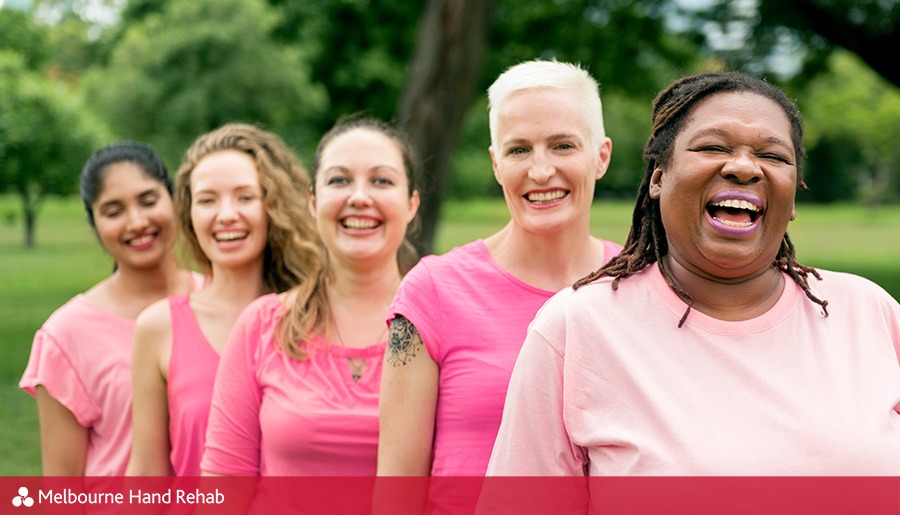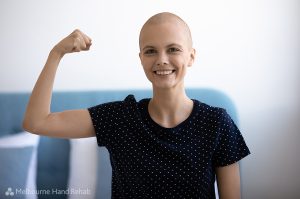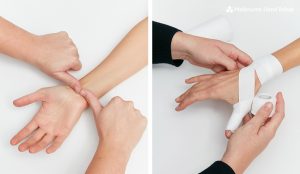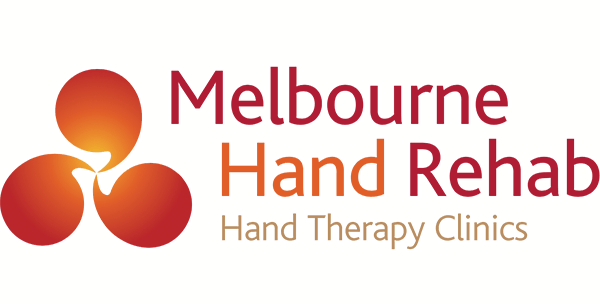
30 Sep Cancer rehabilitation
October is breast cancer awareness month
According to the Cancer Council, breast cancer is the most common cancer in women in Australia (apart from non-melanoma skin cancer). About 20,000 people are diagnosed with breast cancer in Australia every year.
The World Health Organization (WHO) defines health as “not merely the absence of disease, but a state of complete physical, mental and social well-being”.
Cancer treatment may lead to physical and cognitive impairments such as pain, fatigue, lymphoedema, weakness, restricted range of movement, joint pain, osteoporosis, depression and anxiety.
Cancer rehabilitation helps to restore health and well-being for individuals in all stages of cancer.

Many studies have shown that cancer rehabilitation:
- Improves bone health & reduces the effects of osteopenia/osteoporosis
- Lifts mood and reduces feelings of anxiety and depression
- Increases muscle strength, joint range of movement and endurance
- Improves bowel and bladder function
- Improves sleep
- Reduces fatigue & improves energy levels
- Improves balance
- Improves overall quality of life
- Reduces the effect of ‘chemo brain’
- Assists in the management of peripheral neuropathy
- Reduces scar tissue
- Assists in pain management
- Helps keep you as independent as possible
- Assists in the management and prevention of lymphoedema
Lymphoedema
Lymphoedema is one of the many side effects of cancer surgery and radiotherapy. It is characterised as an abnormal, long-term swelling of parts of the body caused by a collection of lymphatic fluid build-up in the tissues below the skin.
There is no quick fix or cure for lymphoedema, this is a chronic disease that can be managed through manual lymph drainage (MLD), compression garments and prescribed exercises.

Research shows that physical activity can reduce the risk of cancer mortality by 37% and can reduce the risk of cancer recurrence by 35%.
Cancer rehabilitation is not just about exercise. It is about helping those with a cancer diagnosis get back to living and doing what is important to them.
Every single person’s cancer is different, even those diagnosed with the same type and stage. People respond differently to treatment and need an individualised rehabilitation programme to suit them.
By Jana van der Merwe
For more information:
- Breast Cancer Network Australia, Lymphoedema Fact Sheet
- Cancer Council: Living well during and after cancer treatment
- Cancer Australia: Breast Cancer Awareness Month
- BCNA: Breast Cancer Awareness Month
If you are experiencing finger, hand or wrist pain, don’t hesitate to get in touch. We’d love to help you.
BOOK AN APPOINTMENT
For more information, call us directly on 03 9458 5166


